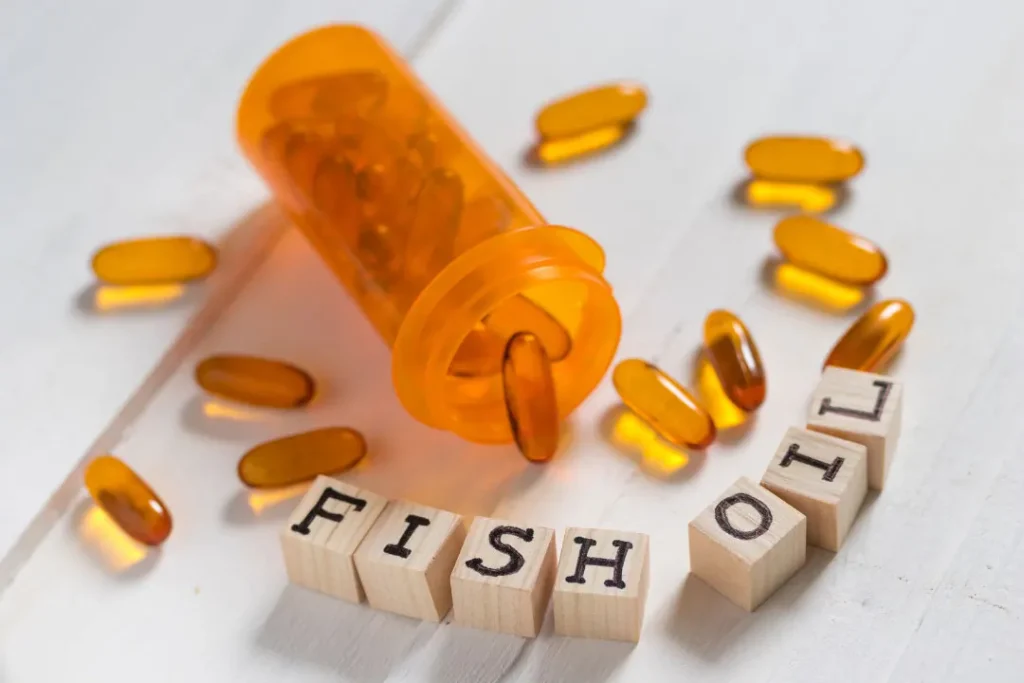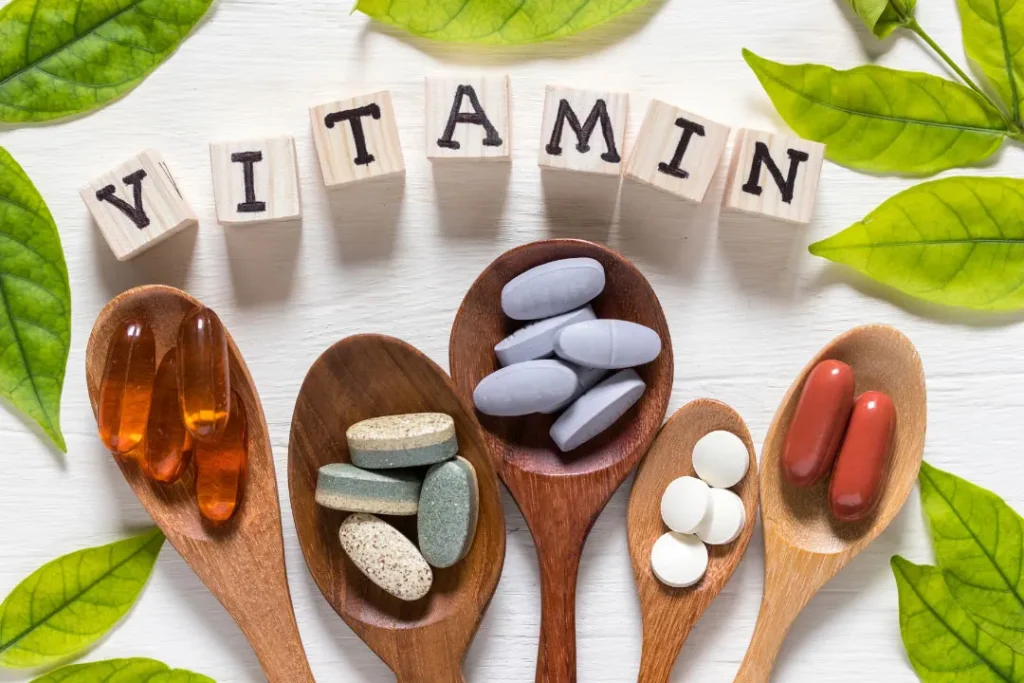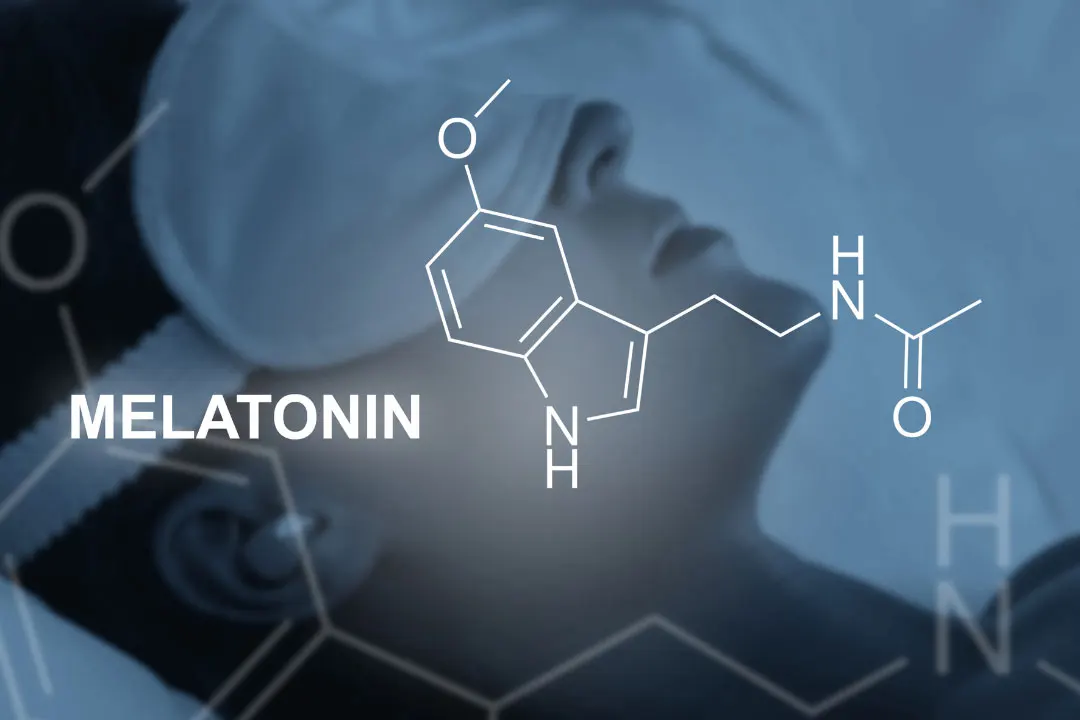Melatonin is a hormone naturally produced in the pineal gland that is often sold as a sleep supplement. Liquid melatonin may be an option for individuals who prefer not to swallow pills or prefer smaller dosing; however, this supplement may come with unpleasant side effects. We’ll explore five great alternatives to liquid melatonin to help you get a good night’s sleep without the side effects.
Ask many Americans if they slept well last night, and they’ll likely say “no.” One in three Americans report being sleep deprived, and more than 6 million have chronic insomnia. The reasons vary:
- Stress
- Work schedules
- Uncomfortable bed
- Eating late at night
- Medical conditions
- Medications that interfere with sleep
- Caffeine and alcohol consumption
- Sleep apnea or related sleep disorders
Insomnia tends to increase as we age and can often lead to severe health problems, such as high blood pressure and severe anxiety. That’s why so many people turn to liquid melatonin.
You May Also Like:
Relaxium Sleep Aid vs DELTA BrainLuxury
How To Get Better Sleep: 16 soothing suggestions to help you enjoy better sleep night after night
Liquid melatonin side effects
Liquid melatonin is a natural hormone your body produces that is easy to take and helps regulate your circadian rhythm. However, this supplement comes with several drawbacks and possible side effects:
- Daytime drowsiness
- Headaches or nausea
- Stomach cramps and diarrhea
- Constipation
- Decreased appetite
- Nighttime incontinence
- Increased risk of seizures
- Confusion or disorientation
- Mood swings
Liquid melatonin may also interact with certain medications, such as birth control pills, blood thinners, and diabetes medicine. Continuous use could interfere with your body’s ability to create the hormone naturally.

5 Great alternatives to liquid melatonin
1. L-tryptophan – Just one gram of this essential amino acid triggers your brain to produce serotonin and induce sleep. L-tryptophan also leads to the production of your body’s own melatonin. L-tryptophan is also a calming ingredient often used in anti-anxiety medications. This amino acid allows the brain to relax and stay relaxed through the night. You can find it naturally in turkey and chicken. No wonder it’s so easy to fall asleep after that Thanksgiving dinner.
2. Eicosapentaenoic acid – Otherwise known as EPA, it’s an omega-3 fatty acid found in salmon and fish oil. It has several benefits, including preventing heart disease, easing hot flashes in menopausal women, and helping with menstrual cramps. Doctors often suggest EPA for reducing symptoms of ADHD because of its calming effect. Researchers discovered it induces sleep and helps your body reach REM sleep, that fourth and final stage of sleep where you’re relaxed enough to dream.
3. Glycine – This amino acid helps reduce oxidative stress. Taking glycine before bedtime helps you fall asleep faster and reach a deep sleep stage more quickly. Deep sleep is a critical restorative phase of sleep that is often missing. Taking glycine as a supplement also reduces the risk of heart disease by lowering blood pressure and the risk of obesity.
4. Magnesium – Although it’s one of the most common minerals on earth, many people don’t get enough magnesium in their diet. It keeps your brain and bones healthy and regulates the neurotransmitters that tell your brain it’s time to relax. Magnesium regulates the melatonin already in your body, eliminating the need for additional liquid melatonin. It may also serve as a remedy for restless leg syndrome, a condition that causes sleeplessness for many.
5. Lavender – The scent of this plant is a natural anxiolytic and sedative. Lavender aromatherapy is a helpful alternative to keeping lavender plants in your bedroom. Researchers found spraying lavender on your pillow or inhaling the scent from a lavender oil infuser was enough to induce sleep in college students with occasional insomnia.

Combining top sleep ingredients
DELTA BrainLuxury includes the top four ingredients: L-tryptophan, eicosapentaenoic acid, glycine, magnesium, and other vitamins, intended to help your brain produce melatonin and serotonin naturally. Since all the ingredients are natural, there’s no risk of addiction or health problems. Unlike liquid melatonin, which can upset your hormonal balance, the essential amino acids and naturally-derived, vegan ingredients in DELTA BrainLuxury work with your body to induce quality sleep without the drowsy aftereffects that come with many sleep aids.
Another benefit? Every batch of DELTA BrainLuxury gets tested in a controlled lab, so you know exactly how much of each ingredient is inside. The amount of liquid melatonin in over-the-counter supplements varies, and the labels can be misleading and misstate the amount of melatonin that is present.

The bottom line
While melatonin supplements have become increasingly popular for those occasional sleepless nights, they can be just as habit-forming as prescription sleep medications, and doctors warn they may lose their effectiveness over time.
The human body is a fascinating machine. Sometimes it just needs a few natural supplements to maintain optimal function and to shut it down when it needs to rest. Try a liquid dose of natural sleep-enhancing minerals, and rest assured you’ll have sweet dreams.
Further reading for additional reference:
Johns Hopkins Medicine: Insomnia: What You Need to Know as You Age
Mayo Cline: Insomnia
Health.gov: Get Enough Sleep
National Library of Medicine: Effects of L-tryptophan on sleepiness and on sleep
National Institutes of Health: Melatonin: What You Need To Know
Important Note: The information contained in this article is for general informational purposes only and should not be construed as health or medical advice, nor is it intended to diagnose, prevent, treat, or cure any disease or health condition. Before embarking on any diet, fitness regimen, or program of nutritional supplementation, it is advisable to consult your healthcare professional in order to determine its safety and probable efficacy in terms of your individual state of health.
Regarding Nutritional Supplements Or Other Non-Prescription Health Products: If any nutritional supplements or other non-prescription health products are mentioned in the foregoing article, any claims or statements made about them have not been evaluated by the U.S. Food and Drug Administration, and such nutritional supplements or other health products are not intended to diagnose, treat, cure, or prevent any disease.
Table of Contents


